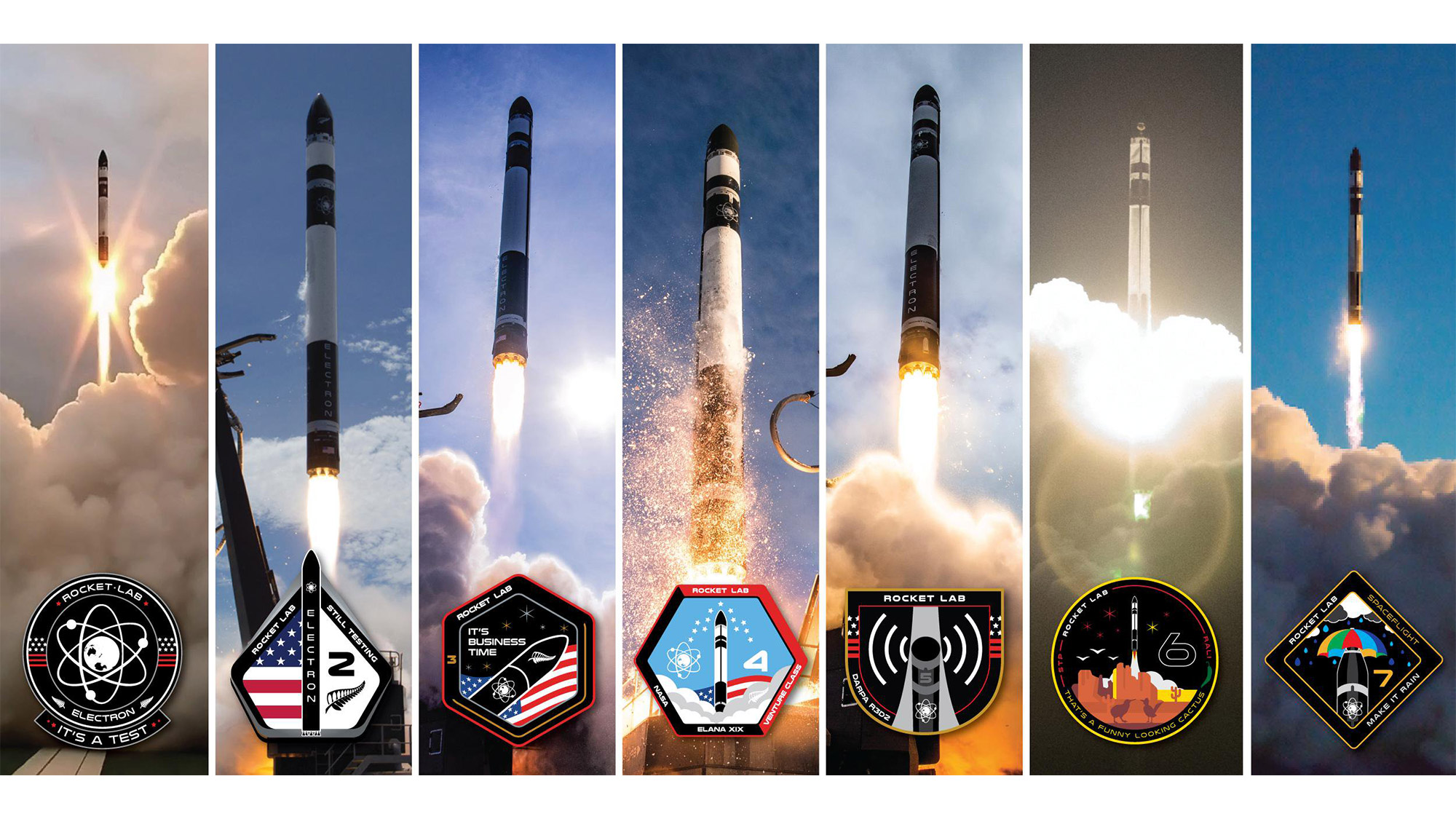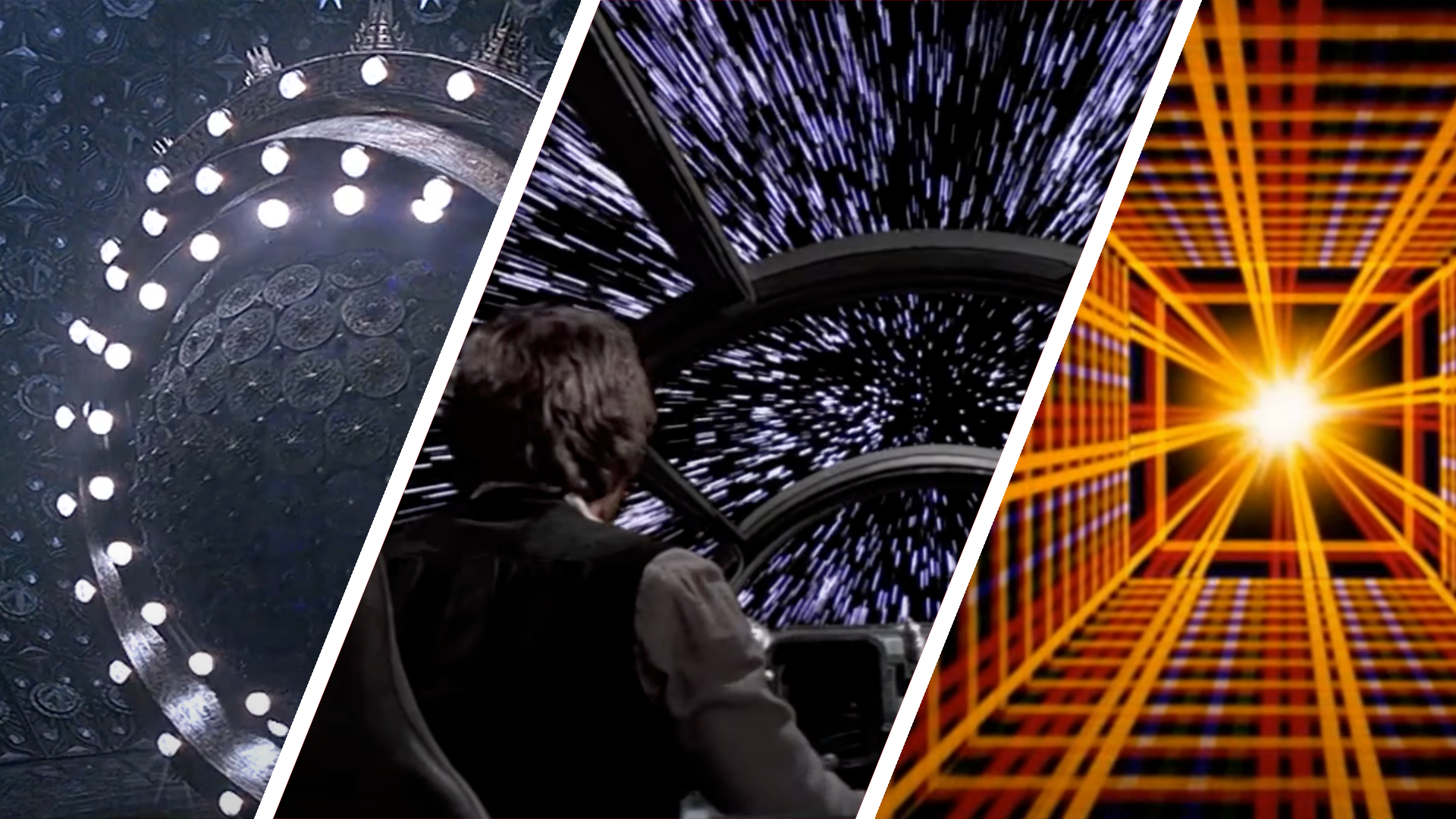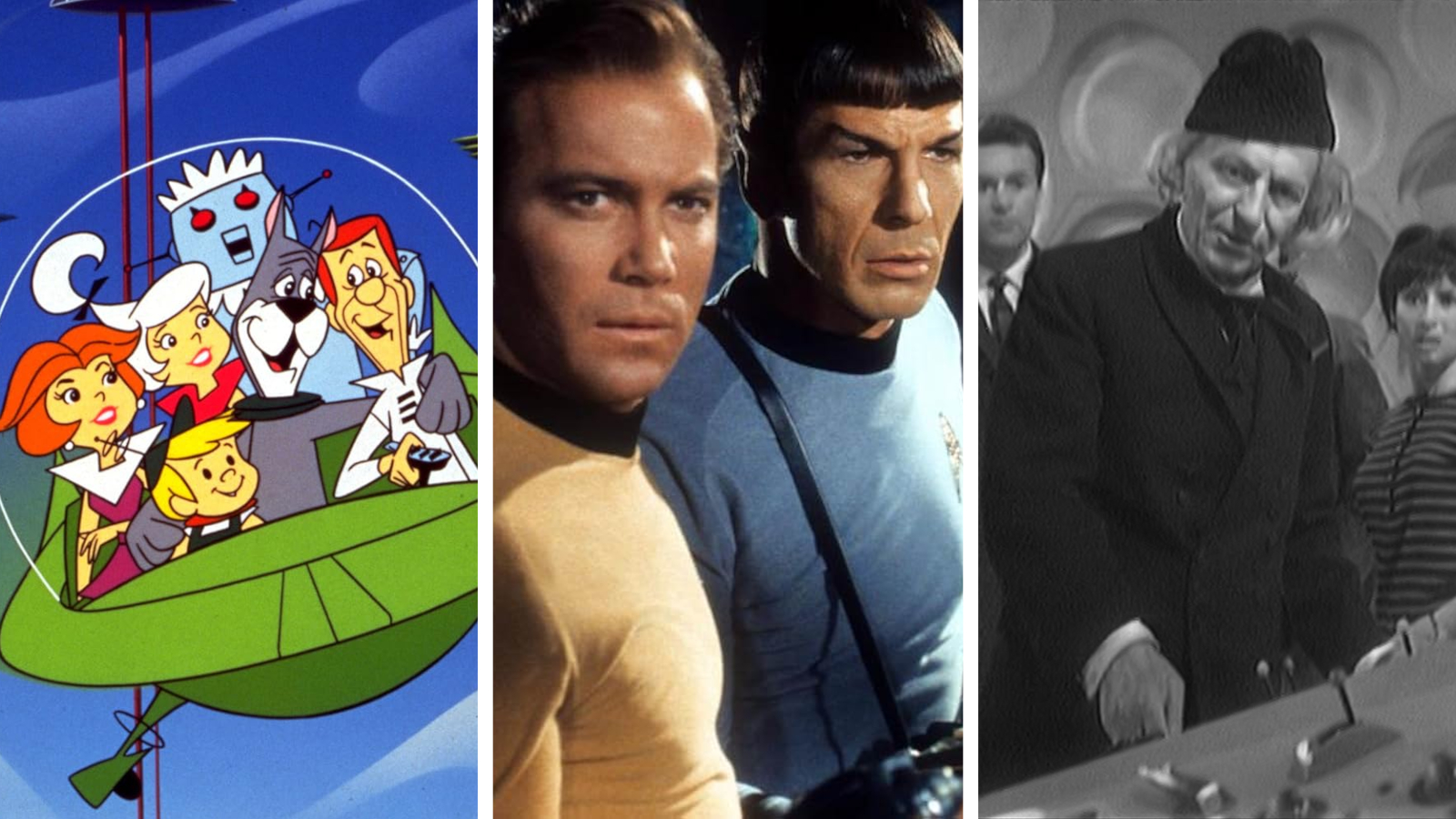Rocket Lab: Private Spaceflight for Tiny Satellites
Reference Article: Facts about Rocket Lab.

Rocket Lab is a private spaceflight company that provides launches for small satellites to Earth orbit. Founded in Auckland in 2006 by New Zealander Peter Beck, the company established a second headquarters in Huntington Beach, California in 2013.
Small satellites, such as CubeSats, weigh less than 1,100 lbs. (500 kilograms) and take advantage of the miniaturization of electronics in recent years to pack a great deal of power into a tiny frame. They have become an important component of space infrastructure, providing low-cost hardware that can be built and launched by universities and companies to conduct scientific research and Earth observations.
Related: CubeSats: Tiny, Versatile Spacecraft Explained (Infographic)
But such satellites must generally piggyback on rocket launches dedicated to their larger kin, which are more likely to be delayed due to weather or technical problems. Enter Rocket Lab, whose aim is to "support the small satellite industry by providing frequent, dedicated launch opportunities to customers' preferred orbits," according to the company.
Rocket Lab does this using its Electron rocket launch vehicle, a two-stage rocket that, according to their website, stands 59 feet tall (18 meters) and which can haul payloads of up to 661 lbs. (300 kilograms) to orbit for each mission. The company charges $5 million per flight, but this cost is spread over the dozens of small satellites it can pack into each vehicle.
But despite its longstanding commitment to its relatively small Electron rocket, Rocket Lab announced in 2021 that by 2024, it plans to launch a new type of rocket it calls the Neutron. The Neutron rocket is slated to be more than twice the height of the Electron rocket, and is meant to be capable of lifting larger payloads and even astronauts into orbit or to the moon.
Rocket Lab launches
Electron currently launches from the Mahia Peninsula in New Zealand. The company has bestowed on each flight a whimsical nickname — for instance, the first launch in May 2017 (which partially failed) was called "It's A Test." Their second, successful launch was called "Still Testing," while the third was named "It's Business Time."
Their eighth launch, which occurred in August 2019, was called "Look Ma, No Hands." The company has launched small satellites for NASA, the U.S. Air Force and the U.S. Defense Advanced Research Projects Agency.
One of the company's most famous pieces of cargo was the disco-ball-shaped Humanity Star, which blasted off Jan. 21, 2018, on Rocket Lab's second launch. The extremely reflective object was meant to be highly visible in the night sky and provide a way of "looking beyond our immediate situation, whatever that may be, and understanding we are all in this together as one species, responsible collectively for innovating and solving the challenges facing us all," according to Beck. Unfortunately, Humanity Star fell back into Earth's atmosphere just two months later.
Rocket Lab's future
Rocket Lab has built a new launchpad, called Launch Complex-2 (LC-2 for short), at Wallops Flight Facility on Virginia's Eastern Shore. The company reportedly invested $20 million to build the new launch site and received a $5 million state grant from Virginia's transportation department. While the company intended to begin launches from LC-2 in early 2020, its first mission was eventually scheduled for early 2021.
Related: What's Next for Rocket Lab? A Q&A With CEO Peter Beck
Although the company founder once flippantly promised to eat his hat if the company pursued reusable boosters, they are currently developing a reusable system. Unlike similar technology used by private space companies like SpaceX and Blue Origin, whose boosters autonomously land on their own, Rocket Lab's are intended to be snagged out of the air with a helicopter as they return to Earth.
The company hoped to launch every two weeks in 2020, according to a news release, with the eventual goal of providing weekly launches. According to their website, they completed 7 launches, all from LC-1 in New Zealand.
On March 1, 2021, the company announced via press release that they planned to build and launch a new, larger rocket by 2024. The Neutron rocket, more than twice the height of the current Electron rocket, will stand 130 feet tall (40 meters) and be able to launch payloads of up to 8 metric tons (18,000 lbs. or 8,000 kilograms) to low Earth orbit. Although Rocket Lab has not committed to any future crewed missions, the new rocket is also meant to be rated for human spaceflight, and be able to deliver up to 4,400 lbs. (2,000 kg) to the moon.
According to Rocket Lab CEO Peter Beck, whose company will go public after merging with Vector Acquisition Corporation, "If you're going to build an 8-ton class launch vehicle, and you're going to go to all the trouble to do it, then you may as well make it human-certifiable from day one. Because the last thing you want to do is [try to make it human-certifiable] in a year's time."
Additional resources:
- Learn more about Rocket Lab at their company webpage.
- Watch videos of Rocket Lab's launches so far.
- Keep up with Rocket Lab's latest news by following their Twitter account.
This article was updated with new information on LC-2, Rocket Lab's Neutron rocket and its merger with Vector Acquisition Corporation on Mar. 2, 2021 by Space.com Reference Editor Vicky Stein.
Join our Space Forums to keep talking space on the latest missions, night sky and more! And if you have a news tip, correction or comment, let us know at: community@space.com.
Get the Space.com Newsletter
Breaking space news, the latest updates on rocket launches, skywatching events and more!

Adam Mann is a journalist specializing in astronomy and physics stories. His work has appeared in the New York Times, New Yorker, Wall Street Journal, Wired, Nature, Science, and many other places. He lives in Oakland, California, where he enjoys riding his bike. Follow him on Twitter @adamspacemann or visit his website at https://www.adamspacemann.com/.










